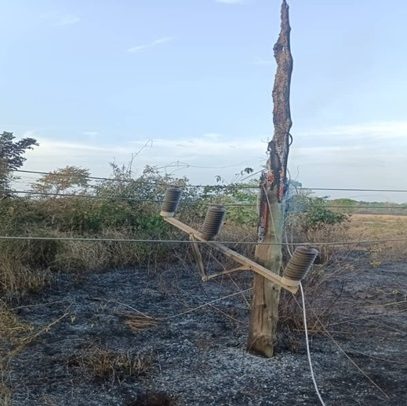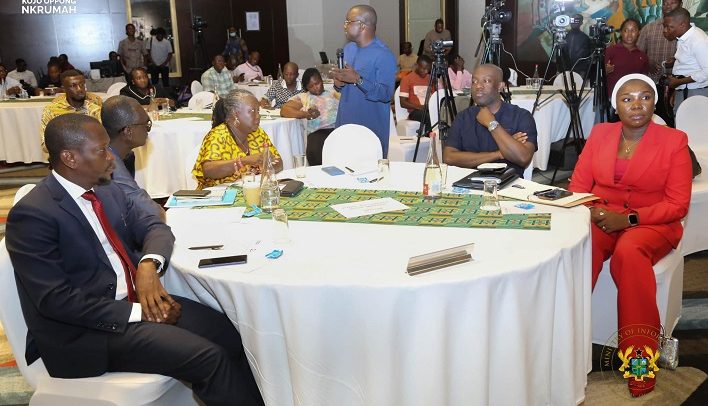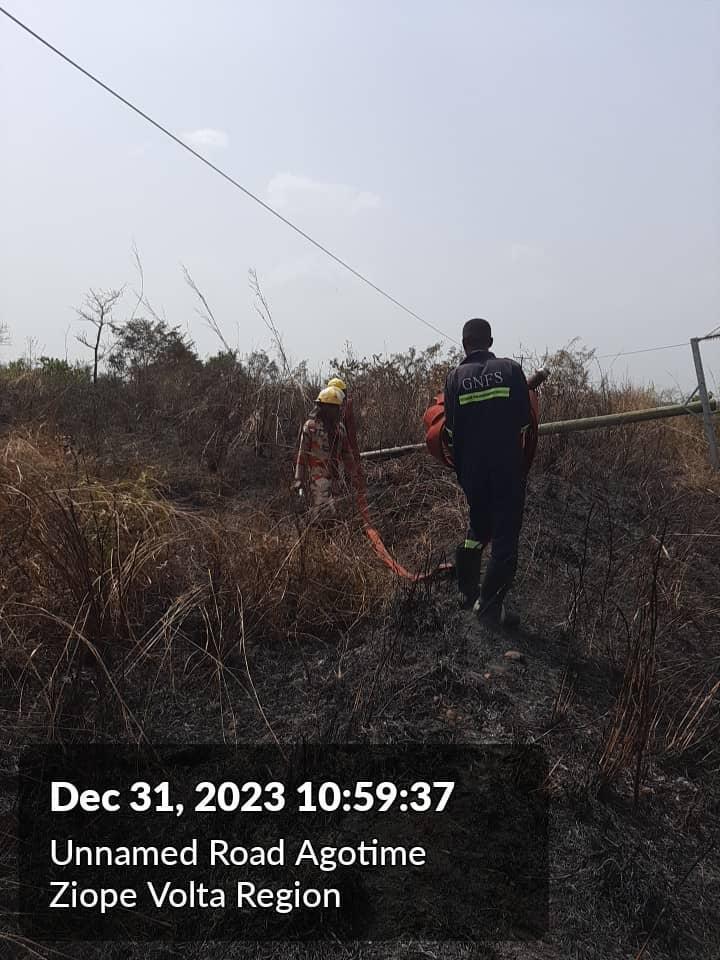
In applauding government’s reform of the current VAT system as a sound policy and good response to concerns raised by private sector businesses, professional services company Deloitte believes its success will depend on broadening the tax base, improving administration and ease of compliance and maintaining strong enforcement.
These, Deloitte adds, will help safeguard revenue, promote fairness and support Ghana’s economic transformation agenda.
Consequently, Deloitte recommends that the GRA intensify taxpayer education, streamline digital tax platforms, and maintain regular consultations with SME stakeholders to ensure the policy is both effective and widely adopted.
“Government’s reported revenue underperformance for 2025 in PAYE, corporate income tax, VAT, excise duties, growth and sustainability levy and import duties requires further diagnosis to understand root causes and recommend measures that reverse this trend.”
During the recently-held annual Deloitte Economic Dialogue on the 2026 Budget, President-Ghana Hotels Association (GHA) Dr. Edward Ackah-Nyamike expressed the association’s “uncomfortable” sentiments regarding the 20 percent rate, noting that GHA had hoped for a far more substantial reduction – specifically, 10 percent.
But the Coordinating Director (Technical) & Director responsible for the Real Sector Division at the Ministry of Finance (MoF), Mr. Samuel Arkhurst, defended government’s decision to set the effective value added tax (VAT) rate at 20 percent – arguing that the figure represents a critical balancing act between providing significant fiscal relief to the private sector and meeting government’s ambitious revenue mobilisation targets.
While Mr. Arkhurst acknowledged the validity of GHA’s aspirations for deeper cuts, he maintained that government’s mandate requires a responsible approach to revenue generation.
“The reduction is a bold position. We have effectively removed six percentage points of indirect tax from the system, resulting in a decline from the previously estimated 21.9 percent effective rate to 20 percent,” Mr. Arkhurst noted.
The 20 percent figure was chosen to prevent erosion of the domestic revenue base, which remains essential for financing public services and development projects, he added.
Current projections outlined in the budget aim to grow the ratio from 16 percent of Gross Domestic Product (GDP) in 2025 to 16.8 percent in 2026, with a long-term goal of reaching 18 to 20 percent by 2027. Achieving these targets requires a measured approach to tax reform.
Providing context on the dialogue, Daniel Owusu, Managing Partner-Deloitte Ghana, stressed the necessity of such forums for bridging the gap between policy design and private sector implementation.
At another post-budget forum organised by KPMG and UNDP in Accra, the Ghana Revenue Authority Commissioner-General Anthony Sarpong reinforced government’s emphasis on VAT as the backbone of next year’s domestic revenue efforts.
The threshold increase will allow smaller firms to stay out of the VAT net until they scale up, reducing their administrative burden. The change, he noted, gives small enterprises room to “focus on their business” before taking on full VAT obligations.
Government is modernising the VAT regime to reduce compliance costs, improve fairness and support industry.
Changes include abolishing the COVID-19 Health Recovery Levy, reducing the effective VAT rate from 21.9 percent to 20 percent and raising the VAT registration threshold from GH¢200,000 to GH¢750,000 for goods.
The measures are expected to free up about GH¢5.7billion for businesses and households in 2026, with GH¢3.7billion of that tied to removal of the COVID-19 levy.
Businesses will also see the elimination of cascading effects created by levies such as the NHIL and GETFund components, which previously added about 6% in nondeductible costs.
Mr. Sarpong said the reforms are part of a wider strategy to strengthen tax compliance through automation. GRA plans to deploy an AI system that supports Customs valuation and classification, replacing manual processes which often take up to an hour per consignment.
The authority is also preparing a roll-out of blockchain-enabled cargo information tools to curb leakages in import declarations and foreign transfers. A five-year GRA review showed more than US$45billion transferred under import declarations resulted in fewer than US$7billion worth of goods arriving in the country.
The new system will allow GRA and banks to independently verify whether goods linked to foreign transfers have been shipped. Other enforcement measures include stricter rules on cash movements at airports. Travellers carrying more than US$10,000 will need to declare it, while those moving amounts above US$50,000 must provide details on the source and purpose of such funds.
Scanners are expected to be installed for detecting undeclared currency and GRA will also enforce long-delayed fiscalisation rules in 2026. Retailers will be required to use electronic devices that transmit VAT data directly to the authority in real-time.
The post Editorial:New standard VAT rate also aims to safeguard revenue – MoF appeared first on The Business & Financial Times.
Read Full Story
















Facebook
Twitter
Pinterest
Instagram
Google+
YouTube
LinkedIn
RSS